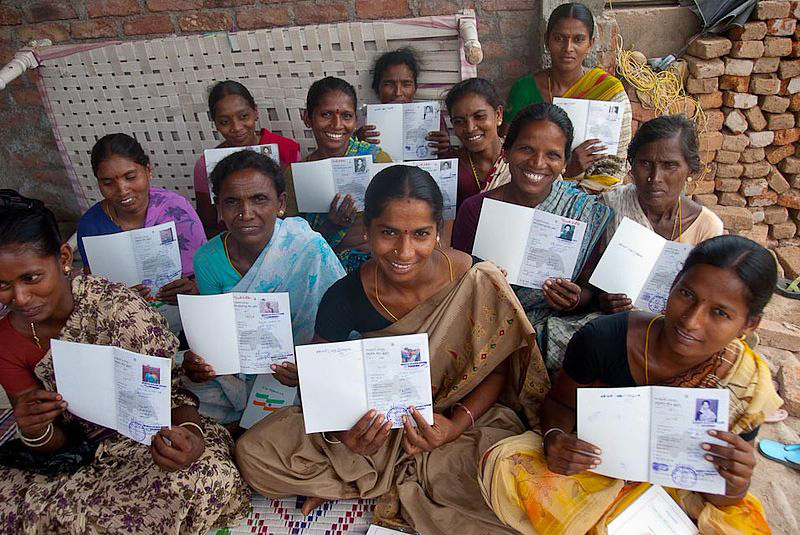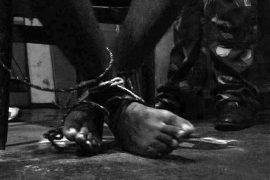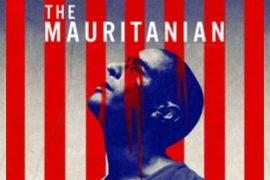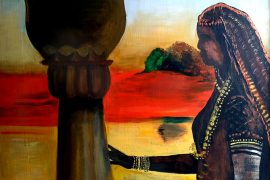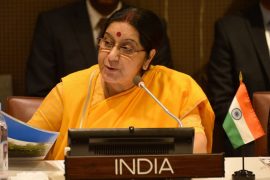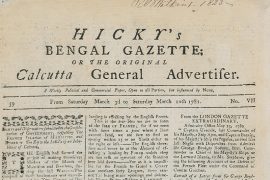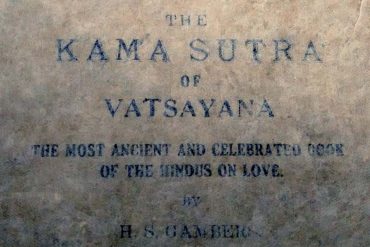Cheruvugudem, India.
A man of few words, Chinnaguruvaiya Dasari struggled to express the joy he felt when he was given ownership of a two-hectare (five-acre) piece of land on the edge of the Nallamala forest in southern India. After 25 years of working as a bonded labourer in the fields of other farmers, Dasari recalled standing at the edge of his own land feeling unsure about what his next move should be.
A member of the Chenchu indigenous tribe, he considers himself lucky to be one of only 20 people in his village who have so far been allotted land by the local government. “We had been fighting for our land for nearly 15 years…we have participated in protests, submitted numerous petitions to stake claim to land that has traditionally always been ours,” he said, sitting in the one-room school of his village in Prakasam district.
The Chenchu are among India’s 104 million indigenous people who are fighting for land ownership, a right that would protect them from getting trapped in debt bondage, one of the most common forms of slavery in India, say human rights campaigners. Banned in 1976, bonded labour continues in many parts of India where people from poor, marginalised families are duped into offering themselves for work as security against a loan they have taken or debt inherited from a relative.
-30-
Copyright©Madras Courier, All Rights Reserved. You may share using our article tools. Please don't cut articles from madrascourier.com and redistribute by email, post to the web, mobile phone or social media.Please send in your feed back and comments to [email protected]

